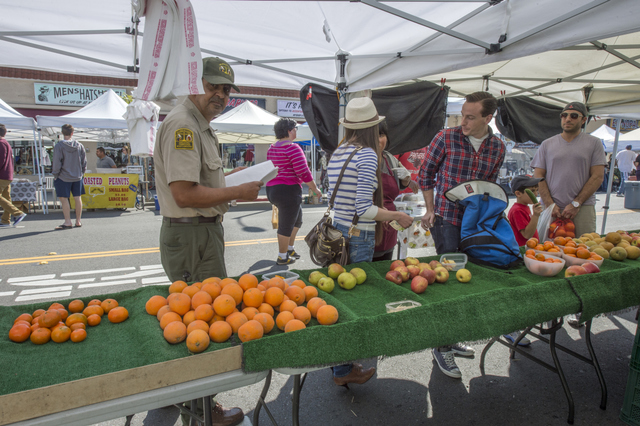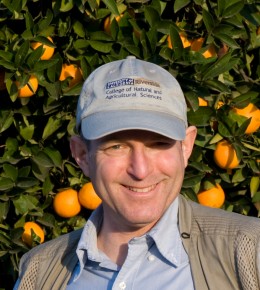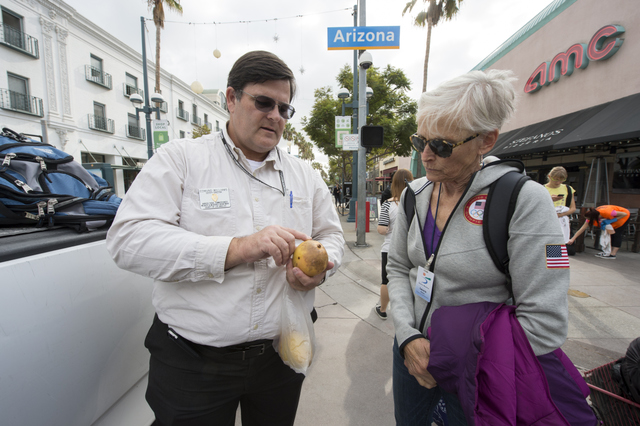Farmers' markets have never been hotter in California, but what regulation there is happens mostly on the local level: which is to say, it’s spotty. The most established farmers' markets, like the Ferry Plaza Farmers Market in San Francisco, are very careful about provenance. But other smaller, younger markets? Not so much. At least, this is what we know from media reports, including those on KQED's California Report. We take on trust that people selling us organic produce really are selling us ORGANIC produce, and those who have looked into it report there’s a lot of fraud going on.


Enter AB 1871, authored by Roger Dickinson (D-Sacramento). The bill authorizes a number of things, but "the bill's most significant provision raises the daily stall fee the California Department of Food and Agriculture charges certified farmers markets for each vendor." That's David Karp, one of the state’s foremost pomologists (fruit experts), who has also followed farmers' markets as a columnist for the last 15 years.
Presuming Governor Jerry Brown agrees and signs AB 1871, the fee will rise in January from a maximum 50 cents to $2. "That'll raise about $1.4 million," says Karp, who adds these fees apply to everybody selling in the farmers' markets, including those selling ancillary products like popcorn or tacos. Where will the money go? To the state, which will run the enforcement program, hiring a couple of inspectors, but mainly reimbursing county agricultural commissioners. They are expected to provide the thin green line of defense, checking not just on market stalls but farms as well.
The bill also stiffens the fines that can be imposed, and even includes the possibility of jail time.
